I've Worte a simple multithread java application, The main method just creates 5k threads, each thread will loop over a list having 5M records to process.
My Machine specs:
- CPU cores: 12 cores
- Memory: 13Gb RAM
- OS: Debian 64-bit
My jar is now running, And I use hTop to monitor my application and this is what I can see while its running
And This is how I construct a Thread:
ExecutorService executor = Executors.newCachedThreadPool();
Future<MatchResult> future = executor.submit(() -> {
Match match = new Match();
return match.find(this);
});
Match.class
find(Main main){
// looping over a list of 5M
// process this values and doing some calculations
// send the result back to the caller
// this function has no problem and it just takes a long time to run (~160 min)
}
And now I have some questions:
1- Based on my understanding if I have a multiThreaded process, it'll fully utilize all my cores until the task is completed, so why the work load is only around 0.5 (only half a core is used)?
2- Why my Java app state is "S" (sleeping) while its actually running and filling up the logs file?
3- Why I can only see 2037 threads out of 5k are running (this number was actually less than this and its getting increased over time)
My Target: to utilize all cores and get all this 5k+ done as fast as it can be :)

